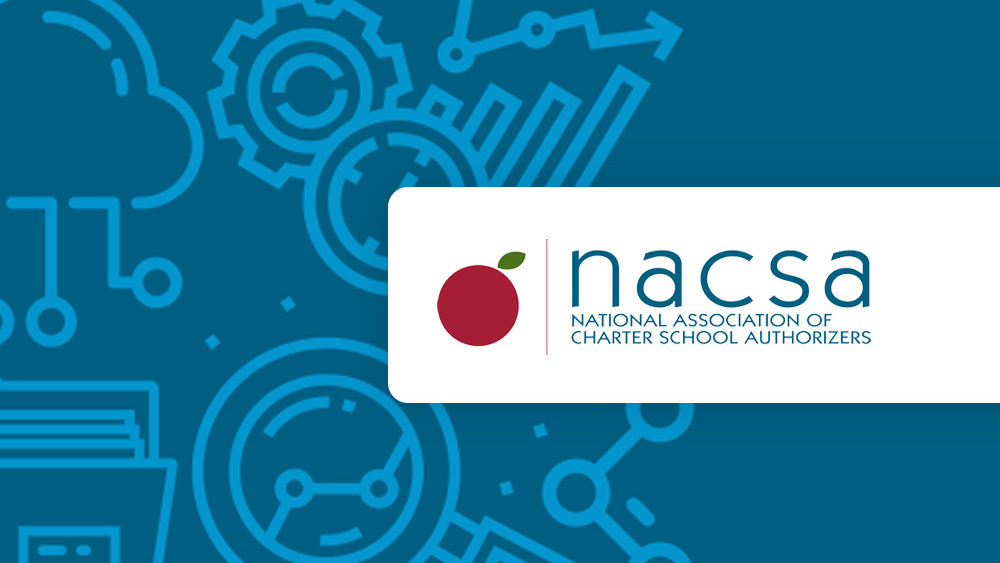One Set of Data/Four Unique Perspectives on Authorizing and Special Education
April 20, 2016 | By Karega Rausch |
As part of NACSA’s 2015 annual survey, we asked authorizers for their perspectives and practices on issues at the intersection of authorizing and special education. We asked about oversight practices, what they do when problems in service delivery are uncovered, their perspectives on charter school enrollment proportionality and school autonomy, and more. We encourage you to explore the full data release: Authorizing Data in Depth: Special Education.
We learned a lot—both positive and not so positive—that can be used to help authorizers and schools ensure that student and public interests are protected.
We invite you to dig into these unique perspectives. We hope you find the data stimulating and the commentaries informative.
Lauren Morando Rhim, Ph.D.
Executive Director and Co-Founder, The Center for Learner Equity
I commend NACSA for asking charter school authorizers key questions about special education. Authorizers are the gatekeepers of the charter sector. Ensuring they are knowledgeable about requirements for educating students with disabilities—and poised to take action should charter schools fall short—is essential to ensuring all students are provided equal access to the sector.
With that in mind, I was encouraged to see that the majority of surveyed authorizers think charter schools should enroll roughly the same proportion of students with disabilities as traditional districts schools and collect enrollment as well as performance data. While imperfect—for instance, many districts over identify students with disabilities—proportionality is a readily available proxy for equity.
However, three data points cause concern: in combination, they indicate that many of the responding authorizers do not 1) require special education outcomes as part of charter performance contracts; 2) see persistent failure to serve students with disabilities as a behavior that merits serious consequence; or 3) identify themselves as responsible for enforcing special education enrollment proportionality.
Together, these responses naturally lead to these questions:
- If many authorizers are not tracking these data or willing to meaningfully hold charter schools accountable (i.e. threaten to revoke or non-renewal) for persistent violations related to special education, what in practice is the real consequence for schools failing students with disabilities?
- Is the apparent lack of accountability simply a by-product of layering new types of schools onto old accountability structures and would more knowledge lead to more robust accountability?
- Or conversely, are states and authorizers implicitly or explicitly deciding they do not need to hold charter schools accountable for equitable access and quality programs for students with disabilities?
At The Center for Learner Equity, we see charter schools as important players in the increasingly diverse portfolio of public options for all students. We also appreciate that deregulation is a central component of the positive innovations that have emerged from the sector.
However, we do not see autonomy and accountability as an either/or proposition. We would argue that authorizers should require and actively monitor enrollment and performance data, disaggregated by subgroup, in line with the spirit of state laws. Authorizers should also be communicating to school leaders and school boards that failure to enroll and provide quality programs to all students—including students with disabilities—will, in fact, have tangible consequences.
Ensuring that all students can access and thrive in the charter sector is central to the sector’s credibility as a viable option at scale across the nation.

Comments are closed.